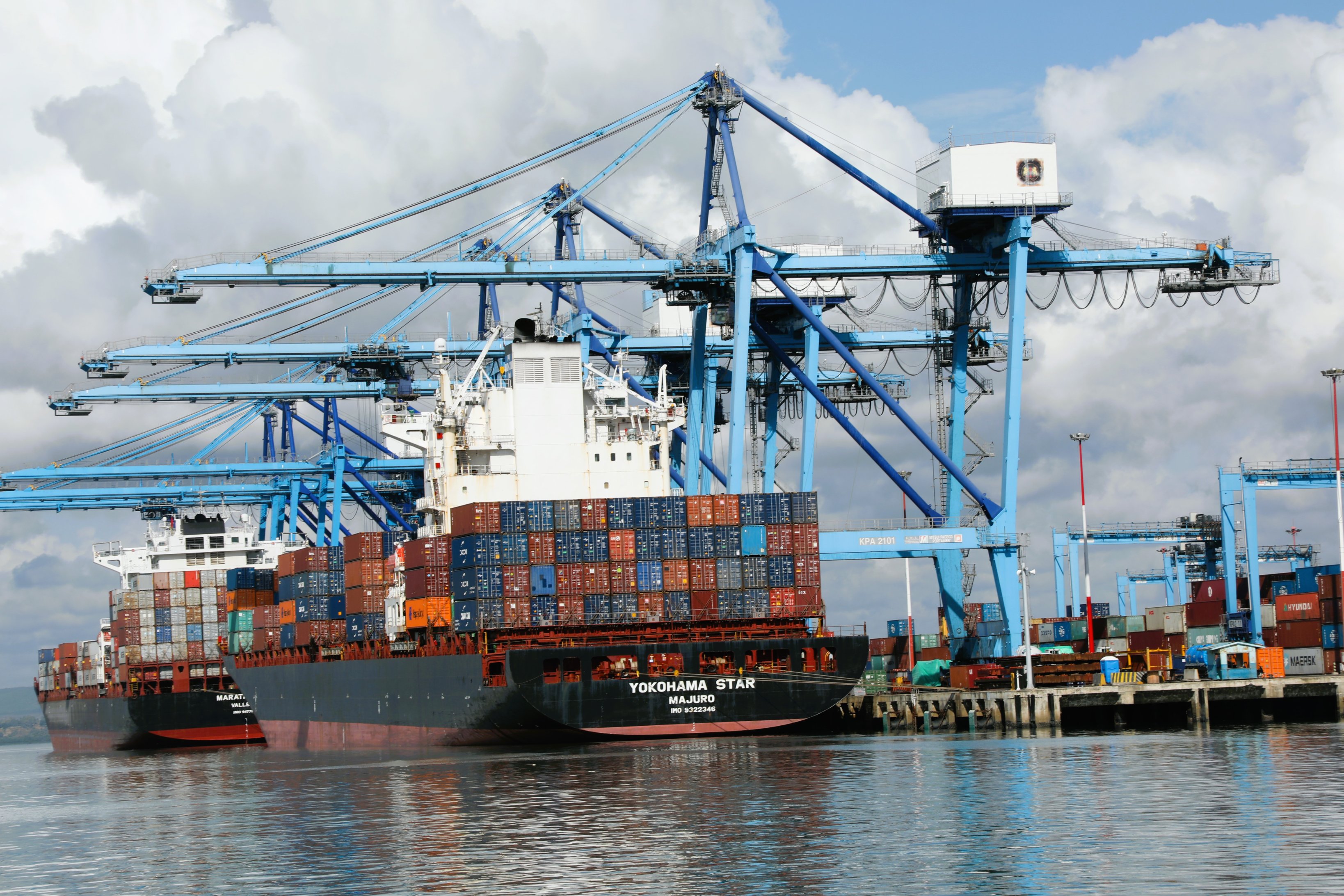
CONSUMERS are staring at a rise in commodity prices as shipping lines move to recover extra inspection charges by the Kenya Plant Health Inspectorate Service (Kephis) from traders, amid protests by importers and exporters.
Shipping lines using the Port of Mombasa have been forced to pass the Kephis’ vessel, full and empty containers inspection fees to traders.
While the state corporation had in March this year announced a temporary halt to the charges’ implementation to pave way for dialogue, shipping lines now have revealed that the agency has been sending invoices, leaving them with no option but to recover the extra costs from traders, who have traditionally passed the same to consumers.
The fees include 50 cents per kilogramme, with a minimum charge of Sh100, and an additional Sh500 per phytosanitary certificate and inspection. This is targeted at all fresh produce exports.
For imported agricultural produces, traders are expected to pay 50 cents per kilograme plus Sh600 per plant import permit.
It also eyes between Sh500 and Sh10,000 for inspection of ships depending on the size (including dhows and canoes), aircrafts, containers and other tests such as moisture content determination.
These are under physical tests, examination and inspection by the state corporation mandated to assure quality of agricultural produce and products, while also preventing the introduction and spread of pests and diseases.
Current cost per one 40-foot reefer container for instance, at an average of 22 metric tonnes of fresh produce has increased from Sh1, 500 to Sh11,000 for inspection while phytosanitary has increased from Sh500 to Sh11,500.
If a business is, say, exporting an estimate of 400–40 foot reefer units of fresh produce, it means annual phytosanitary costs will increase from Sh600,000 to Sh4.6 million, a 670 per cent increase.
“Please note effective June 1, 2025, a container inspection surcharge shall be applicable to all import and export containers as follows: $10 (Sh1,295) per container on all Kenyan local import and export containers.,” a notice by Diamond Shipping Services Ltd, seen by the Star indicated.
Charges on all transit import and export containers via Mombasa were set at $5 (S 647.50 ) per container, with other shipping lines also coming up with different range of charges.
“Please note these charges were a recovery of the newly imposed Kephis charges. We have been receiving the Kephis invoices under protest for a while now and through our association also registered our dissatisfaction in the same. However, we have been left with no choice as Kephis now moved to send us demand notices on the billed charges,” the shipping line said.
It has however temporarily suspended the collection of the charge until further notice, following protests by importers and exporters under the Shippers Council of Eastern Africa.
Another shipping line has slapped Kenya Sweets Limited, a trader, with a $129 (Sh16,673) container cleaning charge per container imported into the country.
Kenya Ships Agent Association yesterday said lines have not introduced any fees but rather passing on Kephis fees to cargo owners.
“Charges levied in respect of inspection activities must be transparently justified by corresponding, verifiable physical inspections. Such charges, where warranted, should be appropriately passed on to the responsible cargo interests, such as importers or exporters,” KSAA chief executive Elijah Mbaru said.
He reiterated that procedures must be consistently aligned with international standards and regulatory frameworks, ensuring compliance with applicable trade laws and practices, even as he called on the government to ensure port operations remain fluid and unimpeded.
“Inspection activities should not disrupt access to storage, cargo handling or the broader logistics chain,” he said.
The Shippers Council of Eastern Africa (SCEA) has questioned why Kenyan cargoes are charged higher rates compared to transit goods, even is it calls on Kenya Maritime Authority (KMA) to intervene and not approve any further applications by shipping lines to impose the extra charges.
“Kephis, KMA and the shipping lines must sit to review the implementation of the Kephis charges. The billing cannot be on all containers but on the containers that have been attended to. Kephis must also state their intervention and or service offered on transit cargo .Shippers cannot be asked to pay for services not offered,” Shippers Council of Eastern Africa CEO, Agayo Ogambi, said.
“We are opposed to the implementation as it is now and urge Kephis working with Shippers, KMA, KSAA to go back to the drawing board and adopt best practices in addressing the concerns of all parties,” Ogambi added.
Kephis has however defended the charges saying the inspection of maritime vessels and containers is a vital intervention in mitigating phytosanitary risks and ensuring compliance with both national and international standards.















